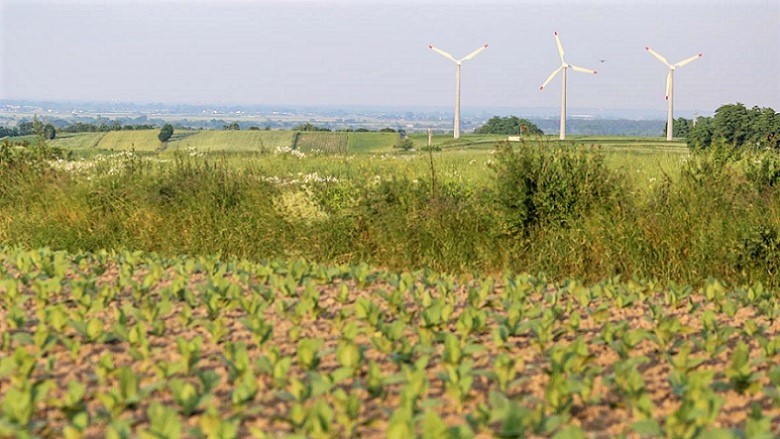February 16, 2022 – Supporting Coal Value Chain Employees
The second in the series of World Bank’s knowledge-sharing on-line workshops focused on supporting coal value chain employees in the process of energy transition.
During the workshop, international and Polish experts of the World Bank covered topics relevant from the point of view of the just transition process in Poland, including:
- The global context of the energy transition and its implications for the labor market in Poland
- Estimates of the workforce directly and indirectly affected by the transition process in Upper Silesia
- Assessing the current workforce's readiness for the transition - an example from Greater Poland
- Supporting workers' transition out of coal - an example from Greater Poland
The list of speakers included World Bank's Jobs Global Practice Experts Elizabeth Ruppert Bulmer, Maddalena Honorati, Celine Ferré and Tomasz Gajderowicz. Presentations were followed by a discussion with the participation of trade unions, marshal’s offices, PGG coal miner, the regional labor office in Katowice as well as NGOs.
June 22, 2021 – Post-Mining Land Repurposing
The inaugural workshop on land reclamation and repurposing was held on June 21, 2021. It was led by the World Bank’s Lead Environmental Specialist Wolfhart Pohl, Ph.D.
Among the workshop's participants were representatives of Polish ministries, state agencies, regional & local governments, as well as NGOs and members of the academia.
During the workshop, Mr. Pohl presented the bank's methodology for managing coal transition – a 3x3 matrix showing three main transition pillars – governance and strategic planning, people and communities, and lands and assets - in three time frames: prior to closure, during the closure process and within 5-10 years after closure.
Participants could also learn about the characteristics, challenges and the opportunities of post-mining lands and the World Bank's Land Use Repurposing App – LURA, which could offer significant planning benefits for post-mining lands in Poland.
LURA is an IT tool that assesses the characteristics of post-mining real estate, taking into account factors such as geotechnical risks, topographical and hydrological conditions as well as environmental risks, such as soil and groundwater contamination. Such a comprehensive assessment allows to support planning decisions on the optimal future use of post-mining lands.
LURA, a free tool that can be made available to public authorities, met with significant interest among the participants of the workshop. It's first use in Poland will likely target Silesia, where a closed mine facility has been identified that might serve as a first pilot project.
Mr. Pohl also spoke about the role of legislation and regulations in post mining land utilization, with a special focus on the importance of special-purpose entities, which can significantly facilitate managing the complex process of post-mining land repurposing and re-development.
Finally, the workshop also touched upon the special role which post-mining land can play in the development of renewable energy sources, such as PV installations.
You can download the presentation from the workshop here.
